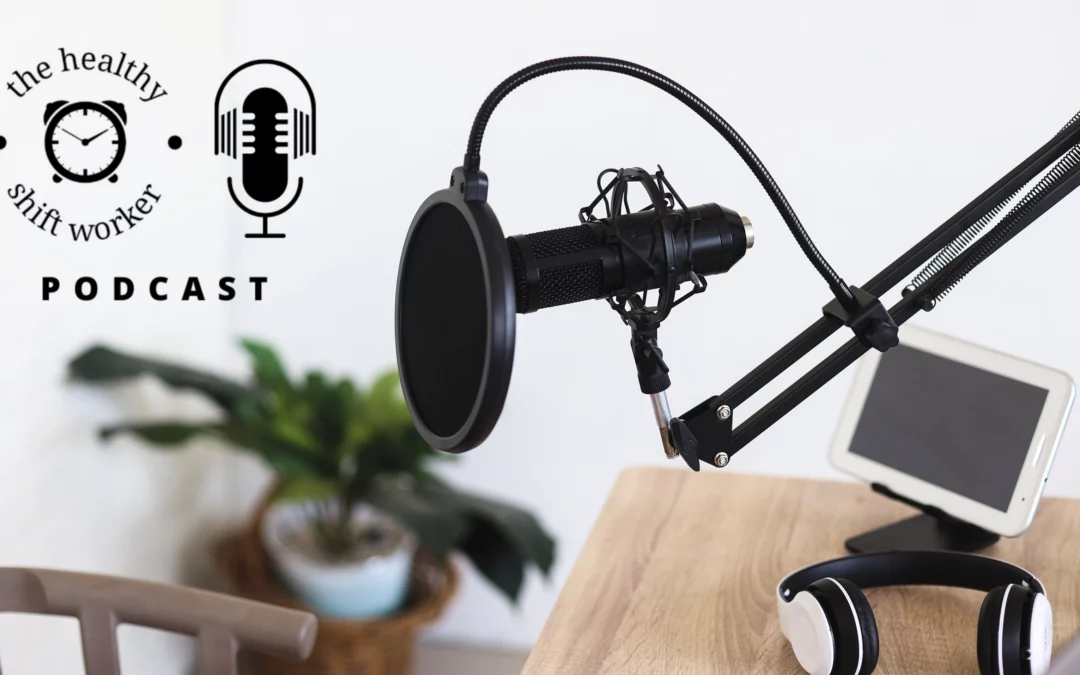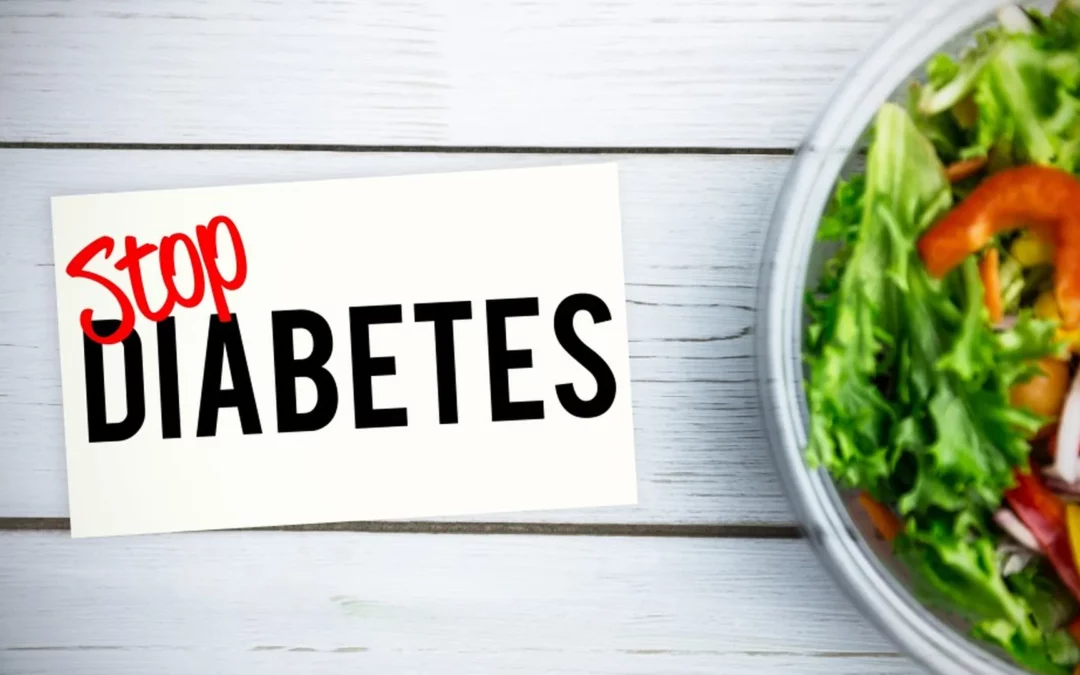
by Audra Starkey | Jul 12, 2017 | HSW, Nutrition, Podcast
Healthy Shift Worker Podcast Episode: This week I chat about my all time favourite topic – Food Timing, or the more fancier, scientific way to describe it is Chrononutrition. Chrononutrition involves the study of how nutrition impacts on our metabolism, via our...

by Audra Starkey | Aug 16, 2016 | Mindset
As the blaring sound of an alarm clock pierces the serene and tranquil silence of the bedroom, a fatigue riddled body stirs beneath the warmth and comfort of a beautiful, yet hidden sleep sanctuary – otherwise known as a doona. The body struggles to move, as...

by Audra Starkey | Apr 19, 2016 | Nutrition
Before I set out on this journey of studying Nutrition, I was fairly adamant (actually my husband would say stubborn), that all we really needed to be healthy was to consume a diet which encompassed a variety of whole foods, void of chemicals and pesticides. Kind of...

by Audra Starkey | Apr 6, 2016 | Nutrition
Over the last week or so I’ve been immersing myself in online library data bases, scrolling through randomised clinical trials and observational studies, trying to find a link between shift work, insulin resistance and type 2 diabetes mellitus or T2DM. Why would...

by Audra Starkey | Mar 13, 2016 | Nutrition
As a shift worker, have you ever wondered why you’re constantly getting sick? Perhaps you are so used to feeling under the weather all of the time, that it’s become the new “normal” for you. Well that’s because your body is functioning...





